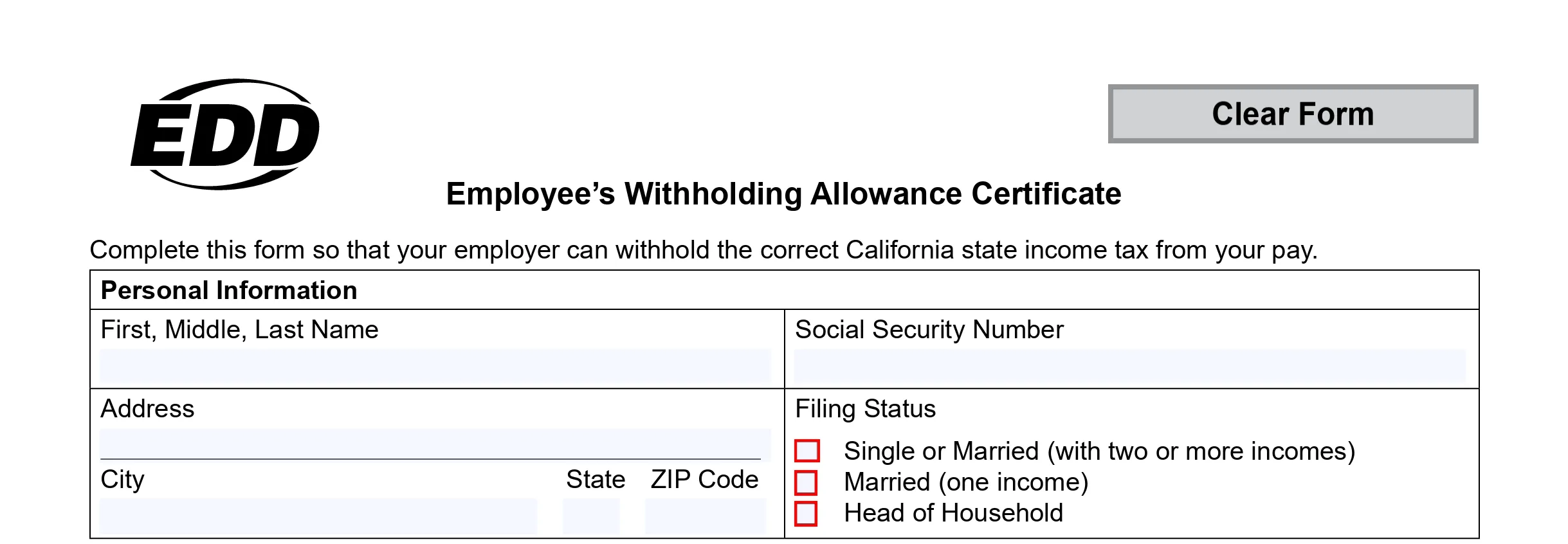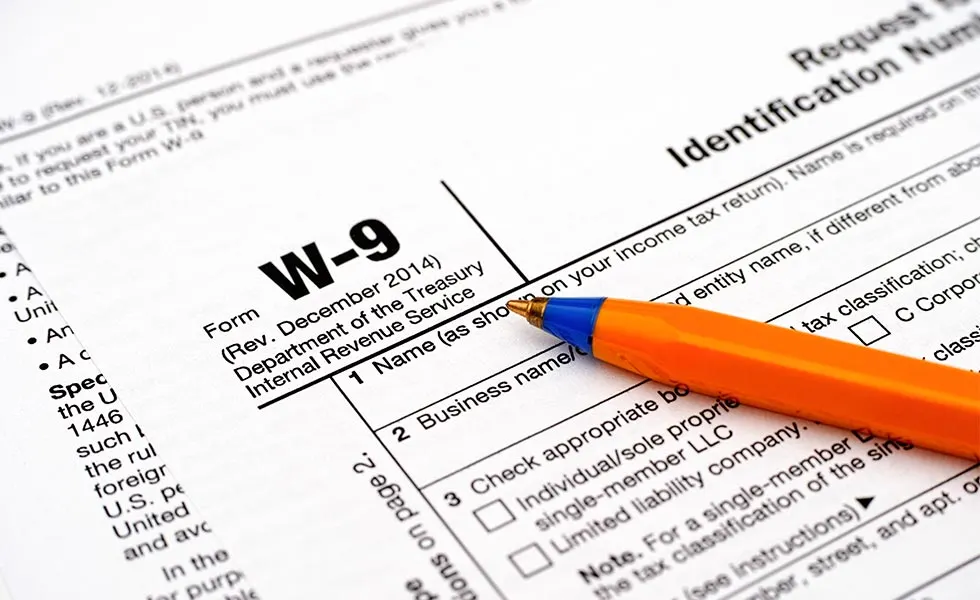Are you self employed and worry about your taxes? You are not alone

What happens when someone has all of this money reported on their 1099 and doesn't know what to do with it? According to a study conducted by United Way Worldwide "74% of millennial respondents indicated they felt some level of stress around filing their returns." This stress leads to inefficiencies and underperformance, which in turn is costing the company money.
Millennials are currently 23-38 years old, which means a large portion of our workforce and entrepreneurs fit into this category. They're leaving money on the sales table due to financial stressors, one of those being taxes. The same study showed that a common stressor was making a mistake according to 48% of the participants. Go figure! The IRS reported in 2017 that average 1040 takes 15 hours to complete and these business owners have had no training on it. Not to mention that it is 15 hours they are taking to "figure it out" when they could be making sales. Kathi Koenig says in her article, Three Tips on How to Survive an IRS Audit, "...they say the number one fear of most people is public speaking, after 26 years in the accounting profession, I think being audited by the IRS has to be a very close second." Believe me, it shows! That is why I put together this list of three things you should consider if you are a 1099 earner.
1.The United States has a pay as you go tax system.
When you are an employee your employer withholds taxes each time you're paid and then they are responsible for making sure those payments are made on time. As a business owner, you are now responsible for not only making sure the right amounts are set aside but paying them on time. If you had a tax liability of $1,000 or more than you are required to make quarterly estimated tax payments. Please note that even if you received a refund in the prior year that does not mean you didn't have a tax liability. It means you overpaid your tax liability and were refunded the amount you overpaid. Also, if you do not have at least 90% of the tax liability paid by tax day you will be subject to underpayment penalties.
2. You now have to pay self-employment tax.
Self-employment tax often throws a lot of people off when they first become a business owner. When you're an employee you may notice on your W2 that money is withheld from your check for social security and medicare. What you don't see is that your employer pays the same amount that you do. Well, guess what happens when you become an entrepreneur. Congratulations! You get to pay both halves which ends up being roughly a whopping 15.3% of your net income. These payments are made with your Federal quarterly estimated tax payments. This 15.3% can definitely hurt if you're not prepared for it. Who am I kidding, it hurts when you are prepared for it!
3. Business expenses must be ordinary and necessary.
It is common knowledge that business owners can deduct a lot of things for their business. However, a lot of people confuse that mean business owners can deduct anything for their business. That is not how this works. That is not how any of this works at all. Attempting to deduct frivolous and/or unnecessary things will put up all types of flags signaling the IRS to audit you. When purchasing something you have to ask is this necessary to run my business? Is it something ordinarily used to run this type of business? The purchase also can not have personal use. For example, a business suit. Yes, it is required that you look nice to make sales. However, as soon as you wear that suit outside of work it then takes on personal use and benefits so it would not be considered a business expense. Now, if you have to wear scrubs to make your sales or steel-toed boots because you are making sales on construction sites those would be considered both necessary and ordinary with no personal use.
I hope you find these helpful. This is not everything you need to know but it is a good start. If you need help or want more information don’t hesitate to contact us.



